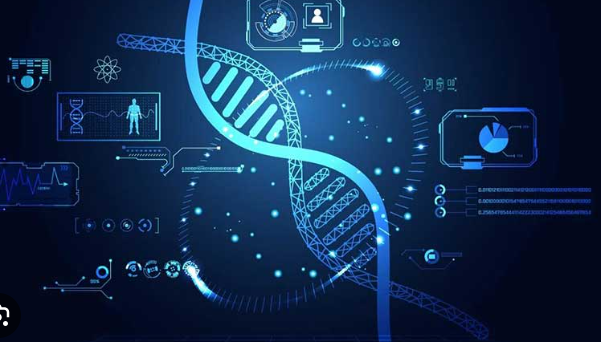The history of Artificial Intelligence (AI) in healthcare traces back several decades, marked by steady progress from early experimental systems to today’s sophisticated AI-powered tools transforming medicine. Understanding this journey provides valuable insights into how AI evolved to become an integral part of modern healthcare.
1960s–1970s: Early Beginnings
AI research in healthcare began in the 1960s with the development of rule-based expert systems designed to assist clinical decision-making. One of the earliest systems, MYCIN, was developed in the early 1970s at Stanford University. MYCIN was designed to diagnose bacterial infections and recommend antibiotics, demonstrating AI’s potential in medical diagnosis despite its limited scope.
1980s: Knowledge-Based Systems and AI Winter
The 1980s saw the rise of knowledge-based systems that used extensive medical databases and if-then rules to aid doctors. However, progress slowed during the “AI Winter” — a period of reduced funding and interest due to unmet expectations and technical limitations in AI capabilities.
1990s: Machine Learning Emergence
With advances in computing power, the 1990s witnessed the rise of machine learning algorithms that allowed systems to learn from data rather than relying solely on rules. This shift enabled AI applications to analyze complex medical datasets, including images and electronic health records (EHRs).
2000s: Integration with Medical Imaging
The 2000s marked significant progress in integrating AI with medical imaging. AI algorithms began assisting radiologists in detecting tumors, fractures, and other abnormalities in X-rays, MRIs, and CT scans. These tools improved diagnostic accuracy and reduced the time needed for image analysis.
2010s: Deep Learning Revolution
The advent of deep learning, a subset of machine learning involving neural networks, revolutionized AI in healthcare during the 2010s. AI systems achieved near-human or even superhuman performance in tasks such as image recognition and natural language processing. This period also saw the rise of AI applications in genomics, drug discovery, and telemedicine.
2020s: AI as a Healthcare Game-Changer
In the current decade, AI is widely adopted across healthcare sectors. From virtual health assistants and chatbots to predictive analytics and personalized medicine, AI technologies have become indispensable. The COVID-19 pandemic accelerated AI adoption, especially in remote monitoring, diagnostics, and vaccine development.
Challenges and Ethical Considerations
Throughout its history, AI in healthcare has faced challenges including data privacy, algorithmic bias, and the need for transparency. Addressing these issues is crucial for building trust and ensuring equitable healthcare delivery.
Conclusion
The history of AI in healthcare is a story of continuous innovation and overcoming challenges. From simple rule-based systems to advanced deep learning models, AI has steadily transformed healthcare practices. As technology advances, AI is poised to play an even greater role in improving patient outcomes and healthcare efficiency worldwide.



Leave feedback about this